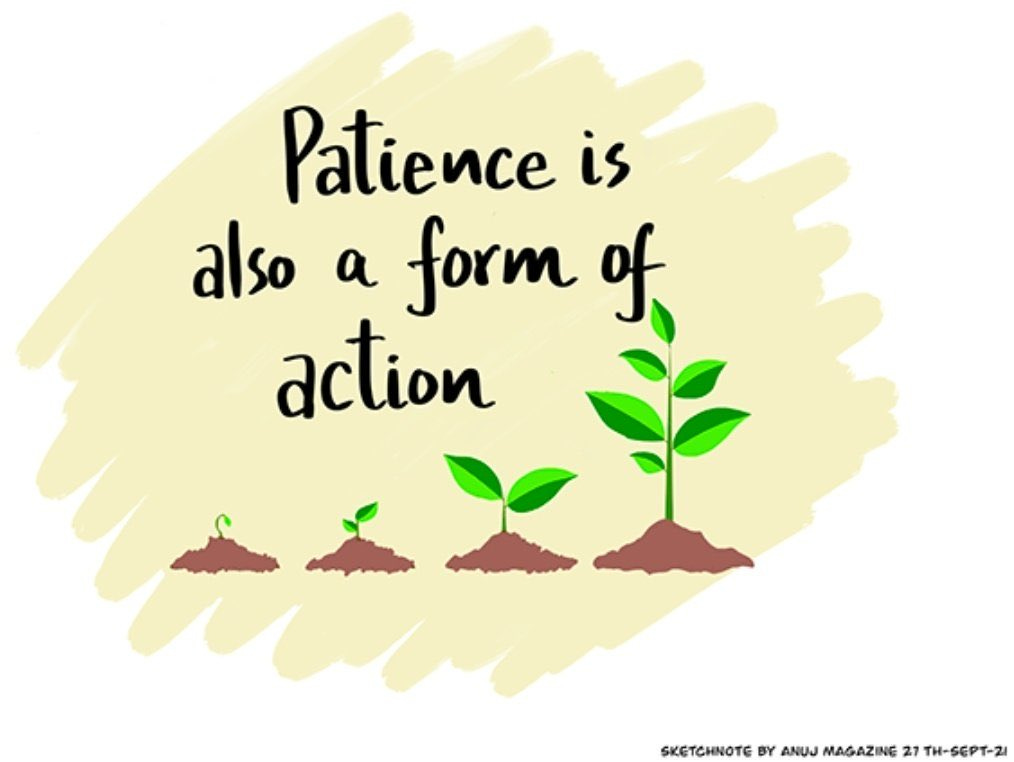HRHeadStart #39: Talent Paradox; Learning Superpower; Patience
The Talent Agenda
News headlines indicate that we are in a bit of a paradoxical world. On one hand, we have a high number of job vacancies (e.g. USA has 2 job openings per unemployed person; Singapore has 2.4). And employees have evolved expectations about what they are looking for employers i.e. flexible work, fair pay, great management and an inspiring purpose. At the same time, on the talent demand side, several companies are cautious about expanding headcount.
Two strategies might serve us well:
Talent Reallocation: In a time of vacant roles and hiring slowdown, companies might benefit from “flow-to-work” models i.e. creating resource pools (based on skills) that can be deployed on-demand to the most important business priorities . This avoids the inefficiencies created by hoarding key skills in certain parts of the organization. Businesses have long done this for capital and the same mindset is needed for talent. It can be valuable to the business, but it’s easier said than done. Read on to learn more about how to think this through and some case examples.
External Talent Communities (and not Candidate Pools): For critical roles where hiring is still a priority, many recruiting organizations focus on building pipelines of external candidates - usually a collection of disparate people who will often never be hired - and organizations don’t manage to actively engage or excite these people about the organization or specific roles. It’s essentially a list or a database. But a community is entirely different - it’s a group that comes together around mutual interests, self-governs and there is an active two-way flow of information. Read on to learn about building talent communities based on shared values and goals, authenticity, inclusion and engagement.
Working Better
Learning is work. And it is important work. I have found 3 magical steps to getting better at it.
Think about Learning: Prime yourself for learning by constantly thinking about what you are interested in learning.
Do the Learning: The actual act of learning which could be through reading, watching/listening to content, attending courses or speaking with someone.
Share the Learning: To reinforce the learning, write a short summary or explain what you learned to a friend. If doing the latter, encourage the friend to ask questions, so you can clarify your thinking even further.
Learning is actually a skill and perhaps the greatest superpower!



